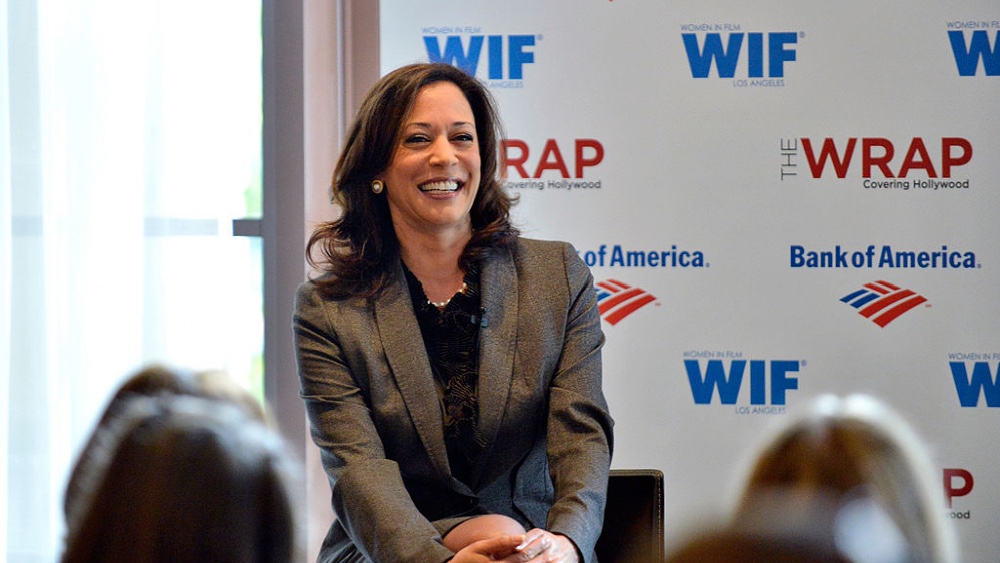If you’re interested in sharing your opinion on any cultural, political or personal topic, create an account here and check out our how-to post to learn more.
____
Recently, Democratic Presidential Candidate Joe Biden announced that Sen. Kamala D. Harris will be his running mate for the 2020 Presidential election. This highly anticipated declaration comes after many months of discussion of who would be the best fit for VP on a Biden ticket for the presidency. Sen. Harris is the first Black woman to ever run as Vice President in our nation’s history.
With our country experiencing an uprising against racism this summer, her bid for Vice President opens up a conversation on the implications of diversity and representation in this country. Sen. Harris is a Black woman who graduated from Howard University in 1986. With her VP run, she carries in her many identities that shape this country and will inspire the next generation to come.
Representation of the Diaspora
Kamala is the daughter of an Indian mother and Jamaican father. Her identity tied to her blackness is far-reaching in its significance for the diaspora. Black people reside across the globe and many have their own unique culture within their respective communities. However, these cultures are typically connected by the thing that makes them one — their blackness.
America, known as the melting pot, is a representation of this very diversity of blackness on a smaller scale. In 2000, 60% of Black people in the United States born outside the country were from the Caribbean, 24% were from the continent of Africa and 12% were from Central and South America. Born in California and of Jamaican descent, Kamala D. Harris displays that there is no one definition of what it means to be African-American. This is a much-needed paradigm in the White House to bring awareness to the multiplicity of blackness.
Representation of Womanhood
Kamala D. Harris is a Black and Asian American woman. In the age of Kimberle Crenshaw’s Say Her Name, it is important to note the intersections of being Black and a woman in this country. She not only holds her identity as a Black individual, but she also holds her identity as a woman, and the two work simultaneously with her many other identities to shape who she is.
There are many obstacles one has to face as a Black woman in society, let alone politics, and Harris has the potential of overstepping all of these boundaries with her nomination as Vice President.
Representation of Education
In 1986, Harris graduated from Howard University in Washington, D.C. Her bachelor’s from this historically Black college/university (HBCU) is monumental in setting the standard of what it means to be an HBCU graduate. This is the first time in U.S. history that a Vice Presidential Candidate is a graduate from a historically Black institution.
According to the United Negro College Fund (UNCF), HBCUs account for nearly 20% of African-American graduates in this country. This moment has the potential to end a long and trivial conversation on the significance of Black education.
Why This Matters
The big question at hand is, why does this matter? My answer to this question is very simple: Somewhere out there, there is a young Black girl who is sitting in her room, hearing about this historic moment she is living. She has witnessed and experienced blatant and inconspicuous forms of racism and has seen the uprising in this country to fight it. She has felt hopeless. She has felt unseen. She has felt undervalued. Yet, at this moment she feels inspired. She is inspired to ignore all the claims from her high school teachers and her peers that her dream school at an HBCU is not esteemed. She is inspired to rip through the ideas of patriarchy and lead as a woman. She is inspired to push the boundaries and dare to follow her dreams, despite negative images placed on her and her blackness.
The announcement of Senator Kamala D. Harris as the 2020 Democratic Vice President candidate is a reminder to all Black girls and women to keep going and keep achieving. I know this to be true because a part of me is this Black girl, and I know of so many others just like me.
